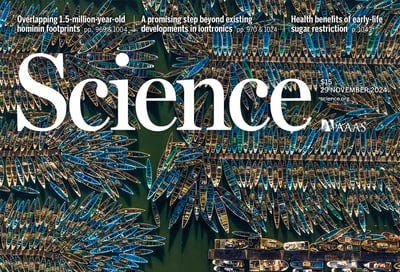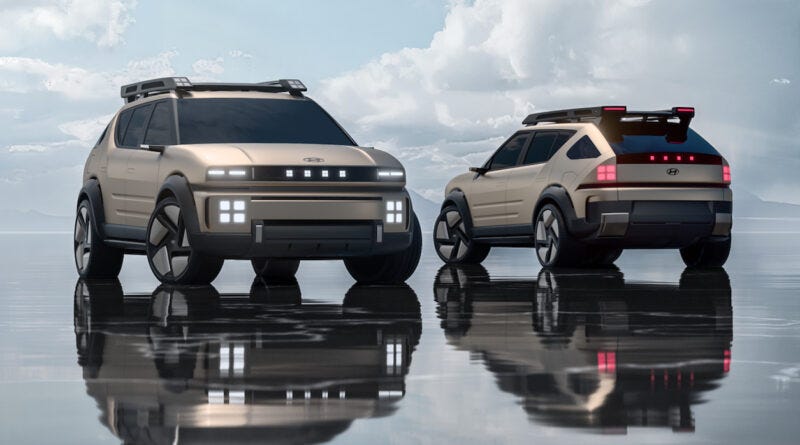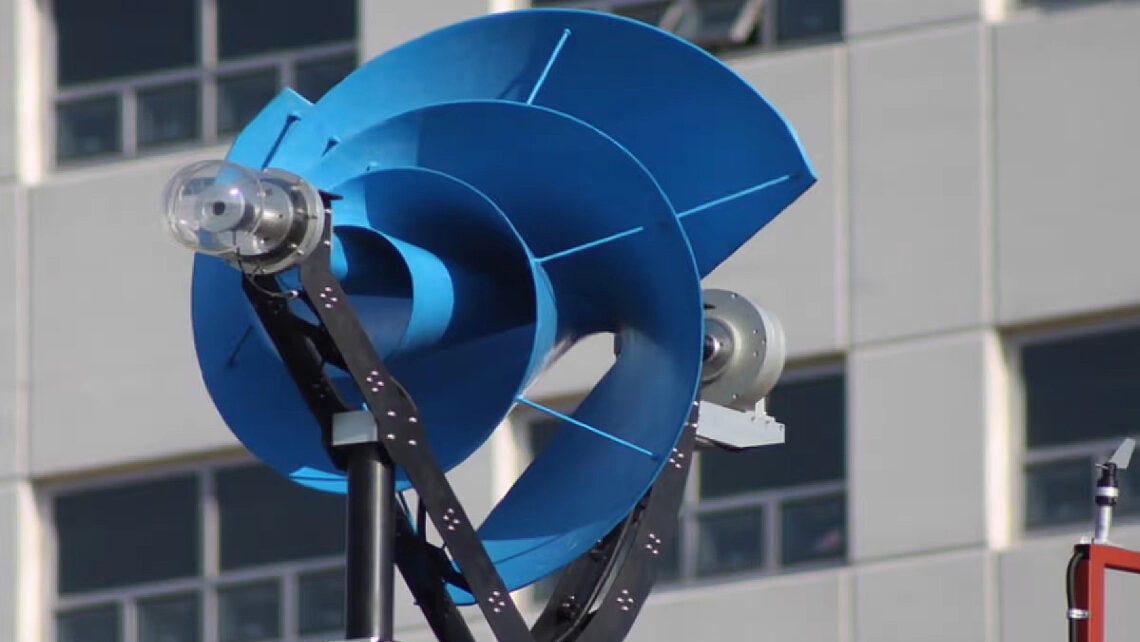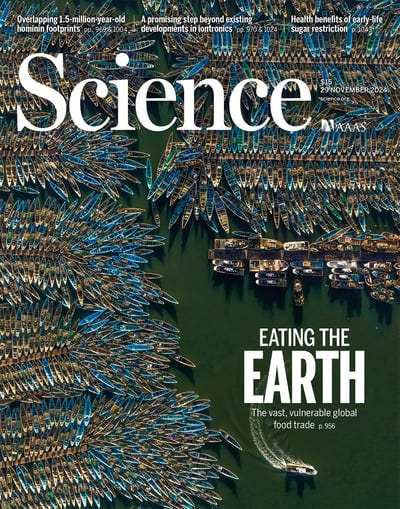I’ve been writing about politics a good deal lately, and given the current state of things, that’s been beyond depressing. And given the flood of Trump cabinet announcements that feature inexperienced loyalists, most of whom lack expertise in the areas they will oversee policy, I’ve been searching for good news. There’s a lot that worries me for the long term impacts of the Trump policy agenda, but perhaps the most lasting will be the erosion of science and the backwards movement on reducing the effects of human-caused climate change. To that end, these good news moments from the past few days/weeks are science based. I began teaching articles about the dangers of a scientifically illiterate public in the 90s (and it’s difficult to develop scientific literacy if you lack basic literacy—there’s been frequent reference to recent reports on US literacy rates, including this frightening statistic: 54% of adults have a literacy below 6th grade level).
Whoops, I said I was looking for “good news” stories…to that end:
Hyundai has released a new SUV version of their Nexo model into the Australian market (earlier versions have been selling in Europe since 2019). This is a hydrogen fuel cell electric vehicle that emits only water and oxygen. Safety and infrastructure development have long been concerns for hydrogen fuel cell cars, but as is nearly always the case with science and technology, innovation leads to improvement as more iterations occur, more review takes place, and adaptations and problem solving take hold. If you want a fascinating read, go back to 2002 and check out Jeremy Rifkin’s The Hydrogen Economy.
The is a lot more home-based, high-efficiency wind turbine technology now on the market, including a lot of different designs and approaches. But generally, kind of like the cell phone you are likely reading this on, good technology tends to get smaller, cheaper, and more efficient over its evolution. One intriguing example is the Liam F1 UWT, designed by Archimedes, a Dutch research and development company. which can produce about half the energy used by a typical European household. “Measuring only 59 inches in diameter and weighing under 220 pounds, this turbine features a unique spiral rotor design that allows it to efficiently capture wind energy from all directions. It guarantees optimal performance, even in varying wind conditions. Operating at noise levels no higher than 45 decibels, the turbine runs quietly, making it suitable for urban settings where noise pollution is a concern.” When combined with solar panels, homeowners can move closer to generating the energy needed for their own consumption. As with all alternative fuel technologies, particularly those that are home-based, we’ve got to change our essential vision—and the monopolies of power generation companies—of power grids and their current one-way transmission (funny how the market forces and bureaucratic realities can often be as complex as the science and technology).
There have been a number of articles in recent weeks about the how AI can accelerate drug development, reduce costs, and improve treatment efficacy. I’m cautious on this one, and there was also a report last week about how AI developers are closing in on “artificial superintelligence,” that point where machines can think independently (more on that later, for the implications are something I think we all must ponder), here is a balanced paper that both heralds pharmaceutical development using AI and warns about its limitations and problems. Good is being done with AI, taking full advantage of machine that outpace us exponentially and never sleep, but like with all technologies, it will be up to us to tilt the balance towards the good. We don’t have a great history as a species when faced with making the best use of new discoveries, and virtually all of the evolution of science and technology has the possibility of both positive and negative change. I’m reminded that there was that brief period when social media played a central role in the Arab Spring that toppled several autocratic leaders from power, but as a collective we mostly now seem to have turned only to the aspects of social media that creates influencers, anxiety, and with a nod to the Oxford 2024 word of the year, “brain rot” (not to mention that much of the content of social media is rapidly giving way to that produced by AI—so full circle there). What does worry me a great deal—for another full circle—is when one examines the competency, experience, and intellectual levels of the incoming administration, are they capable of facing the AI policy decisions that will be demanded of them?
And science close to home…CONGRATULATIONS to my son-in-law Alan Foreman and the rest of the research team from the Max Planck Institute for Chemistry and myriad other institutions around the world for publication of their paper “Decadal oscillations in the ocean’s largest oxygen-deficient zone” in Science last Friday. The journals Science and Nature are the heavyweights of scientific publishing, and many researchers spend their careers dreaming about seeing their work published in such influential and storied publications. Alan and the paper’s first author Nick Duprey are the lead investigators on the larger project that generated this paper. This paper is one piece of ongoing research Alan and others are doing on coral reefs sites throughout the equatorial zone. Like all good science, it is a project that involves multiple researchers from institutions around the globe (science is never done in a vacuum), tireless work, constant refinement, and robust peer review. This is a big moment in a young researcher’s career, one of many to follow, I’m sure. Most importantly, it’s research that matters, not just for its contribution to knowledge but in its implications for climatology.
(And stay tuned: his wife Jennifer Leichliter received notice last Thursday that Science has accepted a paper by the human evolution team she and her research partner lead.)
And a Writing Exercise
Sticking with the good news theme: whether in fiction or nonfiction, free-write about the “good” aspects of a, shall we say, “less than good” character or figure in your current work in progress. Then see if you can find a way to activate this part of how they are presented (with two reminders: there’s good even in awful people, and featuring opposite qualities in people in writing makes the primary qualities even stronger).
Book Recs
I’m reversing course and asking you for book recommendations as we enter the holiday shopping season; please drop titles/authors for books that have grabbed hold of you this year by using the “leave a comment” feature (and always feel free to comment on other things as well; part of having a newsletter is about holding conversations, something that is vital because, unlike science, a lot of writing is done in a vacuum—the doing, not the sharing or the community that comes with it). I’ve spent parts of the last two days purchasing books for Christmas presents. I hate shopping generally but love curating book purchases for the people I care about. And I’m always looking for the great next book I’ve missed (and I’ve missed most of the books published this year). Remember, books make great presents (including, shamelessly, my own). And remember to support local independent bookstores with your shopping or use bookshop.org because you can select a local store to receive a portion of your purchase dollars with this website.
What I’m listening to:
I need more suggestions here too (drop me some songs). Thanksgiving was a difficult week from several perspectives and I was on the road a lot, which translated into mostly silent time or white noise music while I grabbed needed work time while in transit. But travel did mean time remembering a friend we lost, which offered up an old favorite. And time with a friend prompted a reminder of a band I hadn’t listened to in a long time.
Hoping you all had a wonderful Thanksgiving with loved ones. Thanks for reading.
Mark








Great idea, Leslie.
Hi, Mark -- I suggested to Julie at BACC that they present a program on media literacy, possibly using one of the instructors from FVCC or Flathead HS who teaches the subject. If you're interested, a presentation on scientific literacy might make a good pairing.